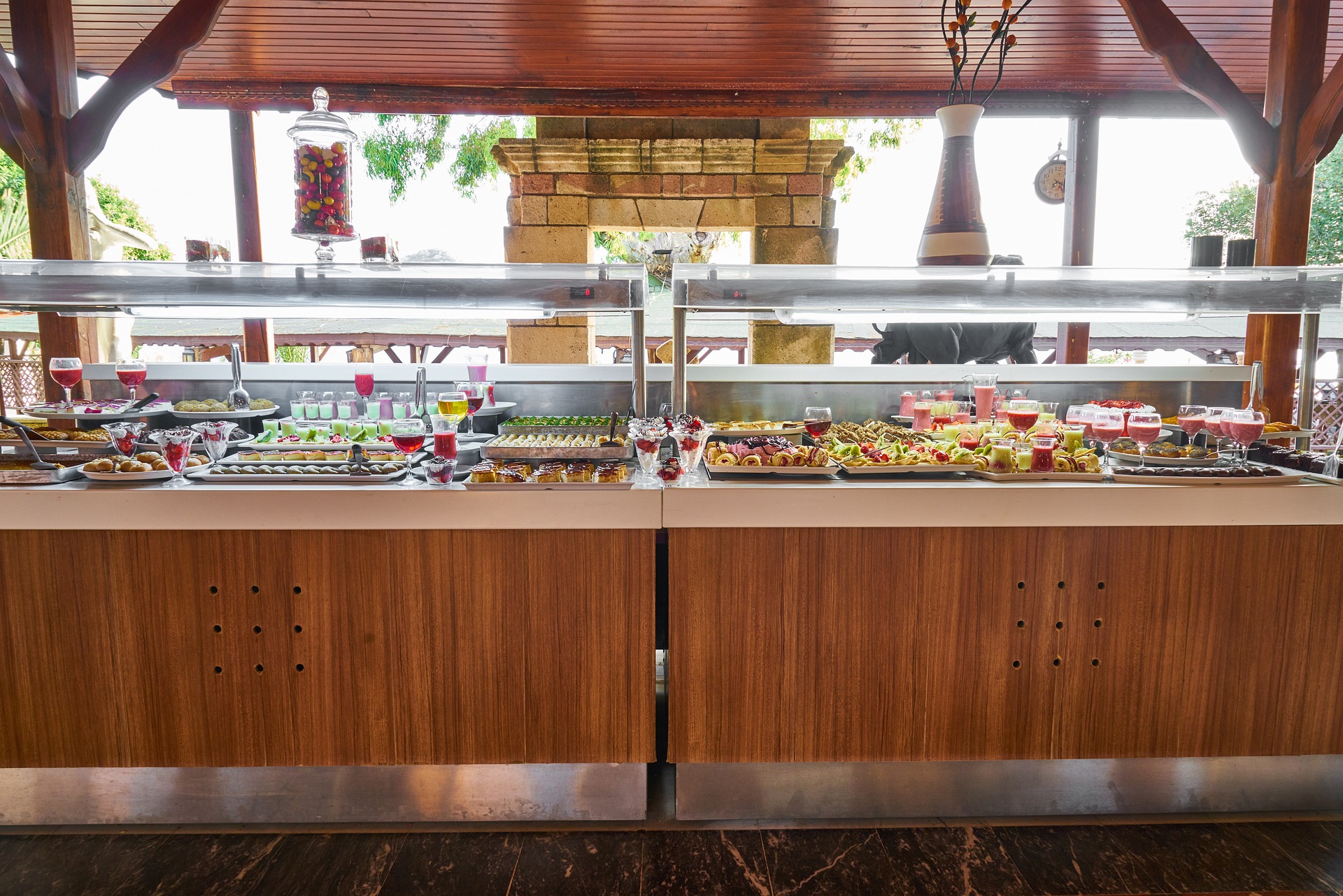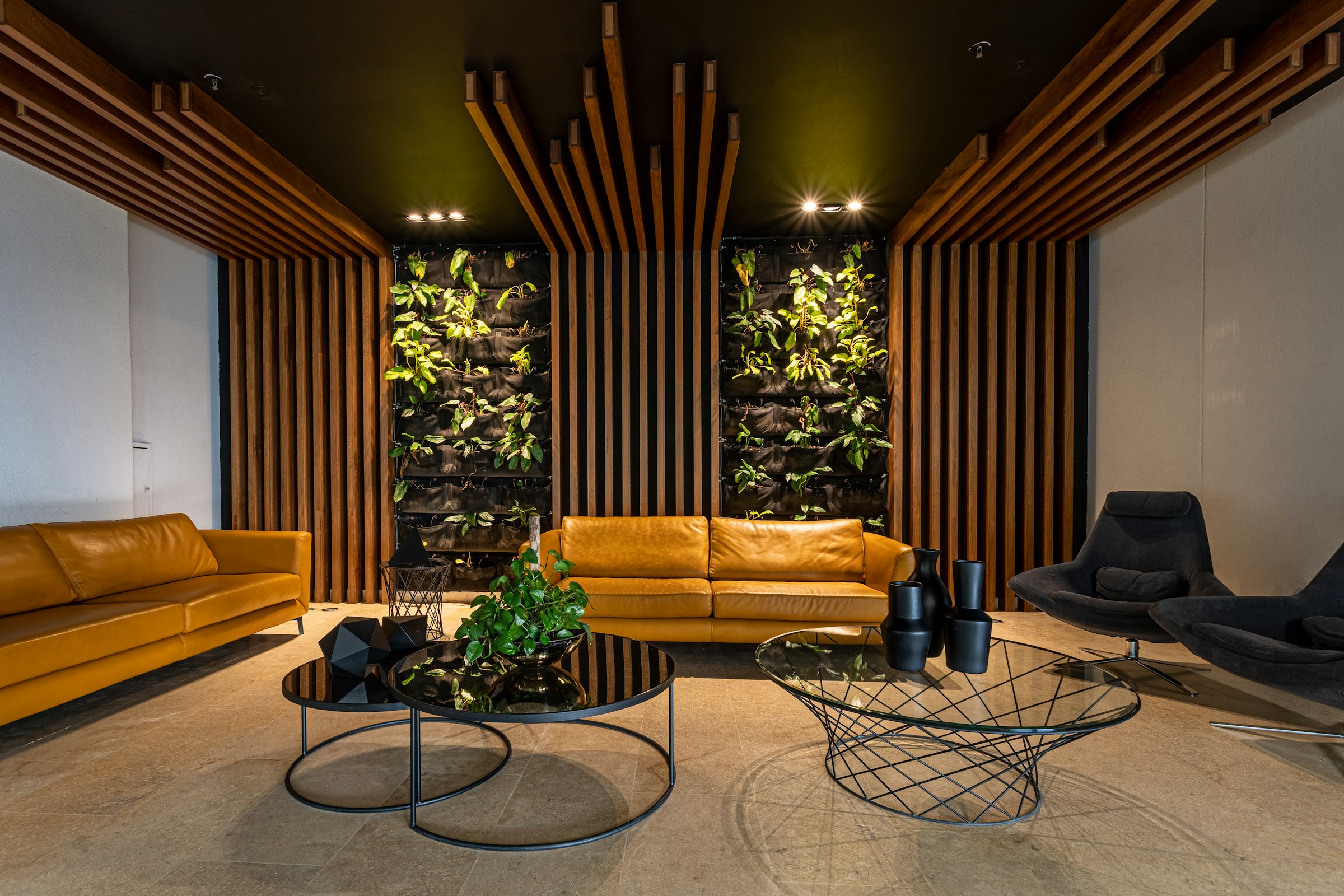You would think that an all-inclusive hotel package is the real deal. Imagine, with just a one-time payment, you get unlimited food, drinks, entertainment, and relaxation without having to worry about a thing.
Sounds stress-free and tempting, right? But all that glitters is really not gold, and you should always read the fine print before signing up for one of these packages. Beneath the surface, there are some downsides that make people think twice before booking an all-inclusive stay.

When you hear the term "all-inclusive" in the context of hotels and resorts, it means that you pay one set price for your entire stay. Ideally, this price should cover almost everything you will need while you are there.
Generally, it supposedly covers accommodation, meals, drinks, entertainment, activities, tips, and everything else.
However, while this makes it seem like everything is covered in one payment, it is important to remember that not everything may be included. Some all-inclusive resorts may charge extra for some services, special experiences, and certain specific activities.
Always check exactly what is included in the package and what might cost extra before you book. If you are unsure, you can always call the hotel or the resort and inquire more for clarity.
The idea of having a stress-free adventure where you don’t have to worry about additional costs during your stay and have a chance to fully enjoy your vacation sounds great.
But why do some people still avoid all-inclusive hotels?
One big issue with all-inclusive hotels is that they can get very crowded. Since these hotels offer everything under one roof, they often attract a lot of guests, which can lead to busy public spaces like pools, dining areas, and beaches.
This often means you might struggle to find a sunbed, wait in long lines for food, or have trouble finding a quiet spot to relax. The crowded environment can lead to less personalised service, as staff may have a harder time giving individual attention to each guest.
It can also mean that some facilities, like the spa or activities like excursions, are fully booked or unavailable.
While all-inclusive hotels offer convenience, the large number of guests can sometimes make the experience feel less relaxing and more chaotic.
Another downside of all-inclusive hotels is the food. While the idea of unlimited meals sounds great, the reality can be different. For example, many all-inclusive hotels serve the same types of food every day, and this can get boring if you want to try new dishes.
Most of them have buffet-style dining, where you can choose from a set selection of dishes. If you stay for a week or more, you might notice that the same foods are served repeatedly, which can be less enjoyable.
And since the food is included in the package, the quality might not always be top-notch. With large quantities to prepare and serve, the focus might be more on quantity than quality, leading to meals that are just average or less fresh.
You might also not have much flexibility in when or where you can eat. If you enjoy dining out at different times or trying various restaurants, this can feel limiting, as all-inclusive hotels often have set times for meals.

All-inclusive hotels might not be as “all-inclusive” as they seem. Even though the package sounds like it covers everything, there can be extra costs and restrictions that will surprise you.
For example, while they advertise as having everything included, they might charge extra for certain things, such as certain drinks, activities like spa treatments, or charge more for excursions. This can add up and make your trip more expensive than you expected.


If you want the latest information on the best Hotel Executive Club Lounges, Hotel Kids Clubs and other travel information, be sure to sign up for our free newsletter full of tips and great travel ideas.